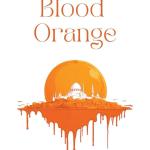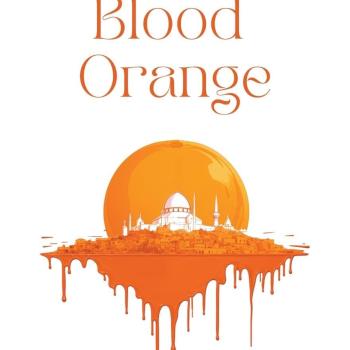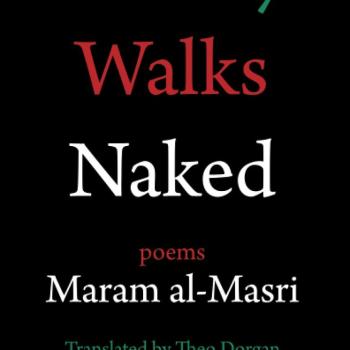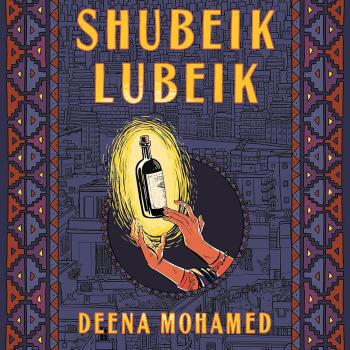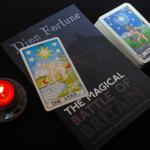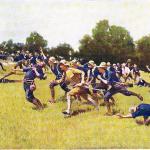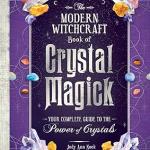I’ve been going deep into my head, to the point of being there more often than I should. The reason is simple. I needed to heal. I still need to, still have stuff to do, to figure out, to fix, to own, and while the solitude has helped, there is another thing that has done it: writing.
Poetry, stories, novels, journaling, free writing… Anything that I could think about, I tried my hand at it, and the effects are showing. I feel much better, more connected to who I am, what I am, what I represent. While it’s true that my writing here has suffered immensely, the one I do in private has grown into a still imperfect yet steadier habit. And that’s okay. I’m fine with it.
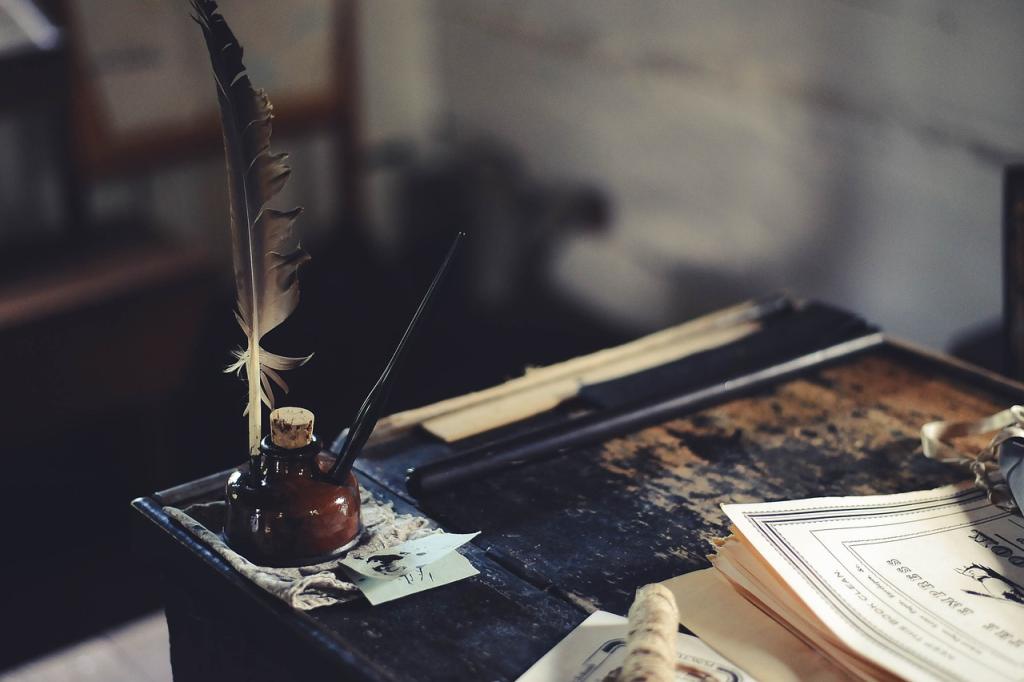
Writing, and hand-writing
Why am I saying this? Because, for me, it was a free, creative form of journaling that has helped me a lot with anxiety and depression:
It’s common for children and teens to keep journals, but the habit can fall by the wayside as people get older. No matter your age, journaling is a powerful, evidence-based strategy that you may find helpful for managing mental health conditions and stress.
Journaling is an example of an expressive coping method, which is a technique that helps a person process negative thoughts, feelings, or experiences by releasing them. By putting these things on the page, they can have less power over you.
Not only that, but also, the next step is to get back into handwriting:
There’s lots of empirical evidence that writing has psychological benefits. Writing helps people process life’s emotional ups and downs through sense-making—the greater the cognitive effort to find meaning (Ullrich & Lutgendorf, 2002), the greater appreciation of the benefits and improved mood. Meaning and positive emotions are central to well-being. (…) Wilson et al. (2013) reported that evidence from neuroimaging indicates that cognitive activity like handwriting can enhance brain structure and function and may enhance cognitive reserves.
Free Writing
However, free writing has also helped me a lot to follow my own train of thoughts and get to know myself as well:
Freewriting, a writing strategy developed by Peter Elbow in 1973, is similar to brainstorming but is written in sentence and paragraph form without stopping. Thus, it . . .
-
increases the flow of ideas and reduces the chance that you’ll accidentally censor a good idea.
-
helps to increase fluency second-language learners—i.e., the ability to produce written language easily (as opposed to accuracy, which is of course important but which is better addressed later in the process).
Not limiting my writing in any way, but letting it run free and carelessly, almost irresponsibly, has allowed me to see more of myself than I have been able to before. It has been a tiresome process, exhausting even, but totally worth it. That’s why I wanted to share this with all of you, in case it could help you as well.
Personal Recommendations
I keep a simplistic approach. Just set a timer and let the fingers do the rest. Let them write non-stop for that period of time. There is a growing interest in The Most Dangerous Writing App and I feel it could help a lot for this, but I usually did and will probably do the same for journaling: set a timer, free myself of distraction, and start working at it.
Sometimes I go to a local café without the laptop’s charger, so I force myself to stay focused on what I need to do. I tried to do the same in a library with mixed results, I guess because I wanted to start reading nonstop, so I would advise you to do the same and start with a nice cold or hot drink. Matcha lattes are usually my comfort drink, and I stay away from sweets, along with heavy and savory food.
For a long time, I have maintained the position that you don’t need to learn how to write other than just by writing and reading. Sure, articles about clichés, podcasts about personal experiences, and even me writing about my writing process might help you, but at the end of the day it is only the writer who decides how to write. Some people say that you need to follow this strategy or that idea, and it’s limiting. Very limiting.
The same happens about the so-called fear of the blank page. Why should you be afraid of an empty space? I internalized this fear after I saw it so much on social media. But I later remembered I was never ever afraid of opening a new document and start writing. I just sat down with the vaguest of ideas, decided to find out what it was about. That’s what I’ve been doing since then.
If you have read this far, and assuming you are interested in writing, I hope this helps. And if it’s a fantasy story, please, do let me know. I’ll be cheering you from here and hoping I can read it one day.



